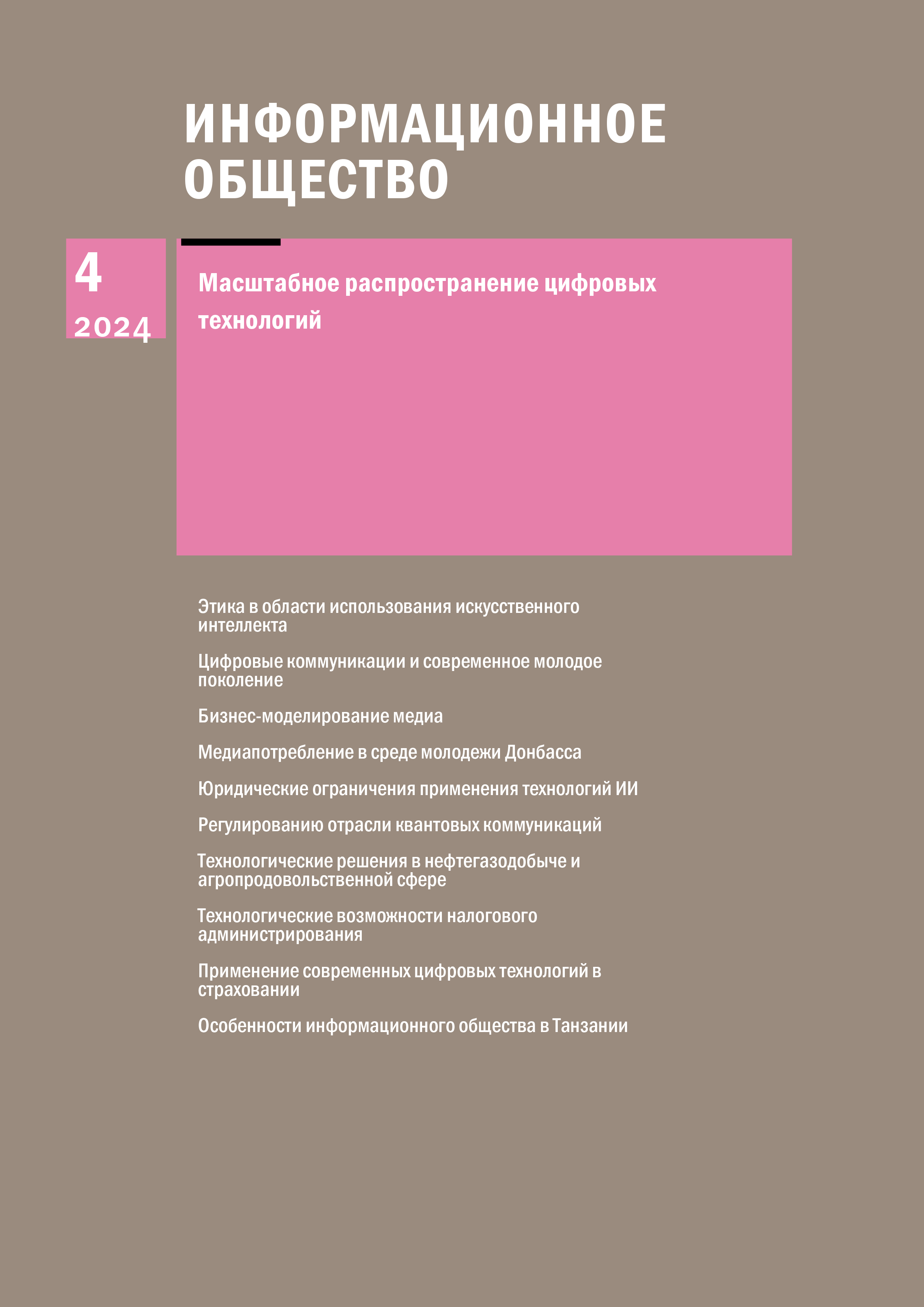Tax consequences of the automatization of industrial processes (the Internet of Things)
Keywords:
corporate profits tax, VAT, tax administration, digitalization of taxation, Internet of ThingsAbstract
The purpose of this work is to determine the tax consequences of various types of income associated with the digitalization of industrial processes using IoT devices. Our research showed three groups of consequences: the legal ones, the organizational ones and the tax administration ones. As the relevant legislation is still being developed, the consequences vary from country to country. The common place is indirect taxation in the countries where the IoT devices are installed or the recipient of services or intellectual property is located. Corporate profits tax commonly arises twice; in some countries a digital services tax may replace it for non-residents. Tax consequences also depend on the wording of the contracts, and the companies involved may need to revise them. In tax administration the tax inspectors may obtain new source of data – the IoT devices; in addition, they may enjoy new technological options to perform tax and customs control.
Published
Versions
- 31.08.2024 (2)
- 31.08.2024 (1)
How to Cite
Issue
Section
Copyright (c) 2024 Владимир Николаевич Тютюрюков, Наталия Михайловна Гусева

This work is licensed under a Creative Commons Attribution-NonCommercial-ShareAlike 4.0 International License.
